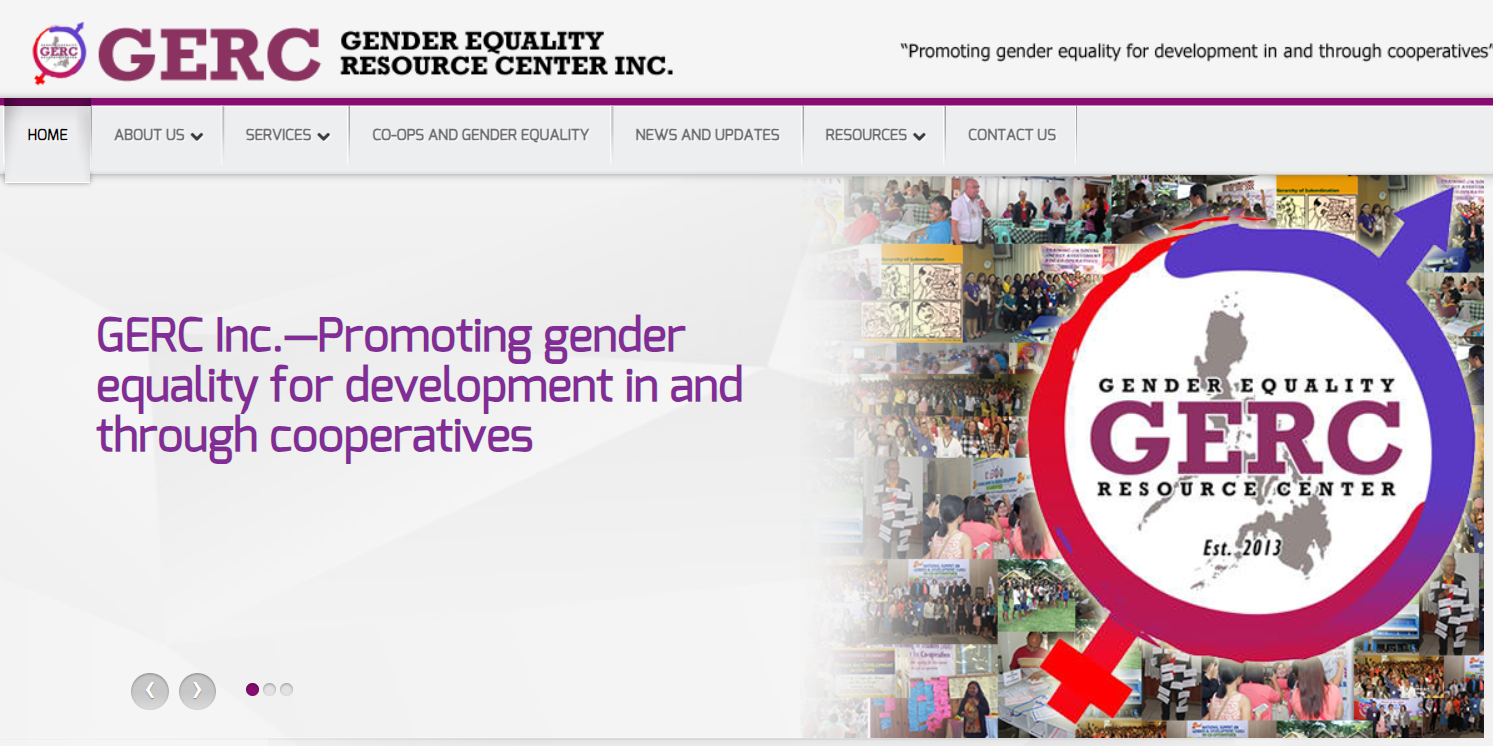Gender and Development (GAD) Corner
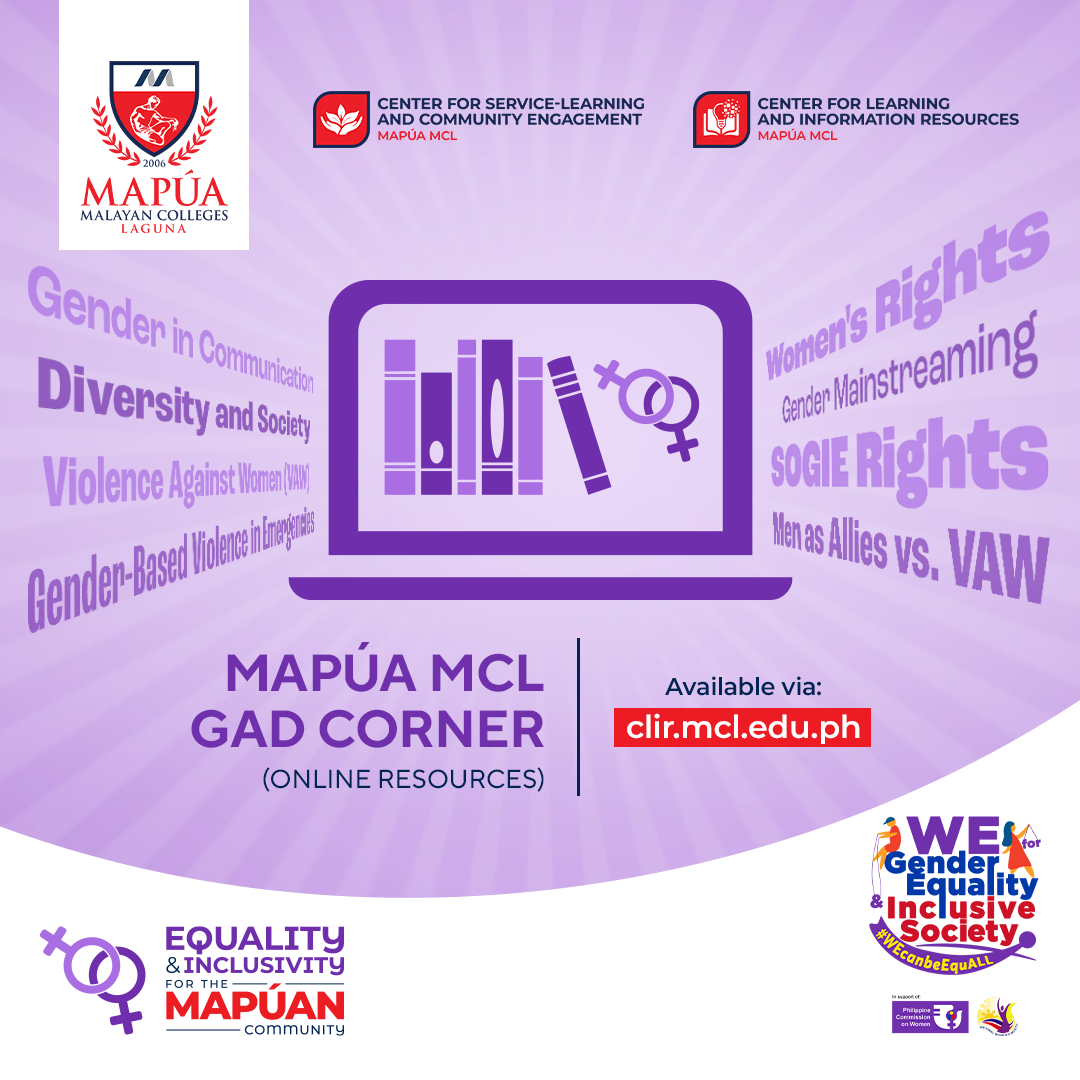
In support of the Memorandum Circular No. 2011-01 dated October 21, 2011, MCL CLIR created a collection for Gender and Development (GAD). Philippine Commission on Women defined GAD as the development perspective and process that is participatory and empowering, equitable, sustainable, free from violence, respectful of human rights, supportive of self-determination and actualization of human potentials.
MCL CLIR has both print collection and eBook subscription available on GAD.
Print Books
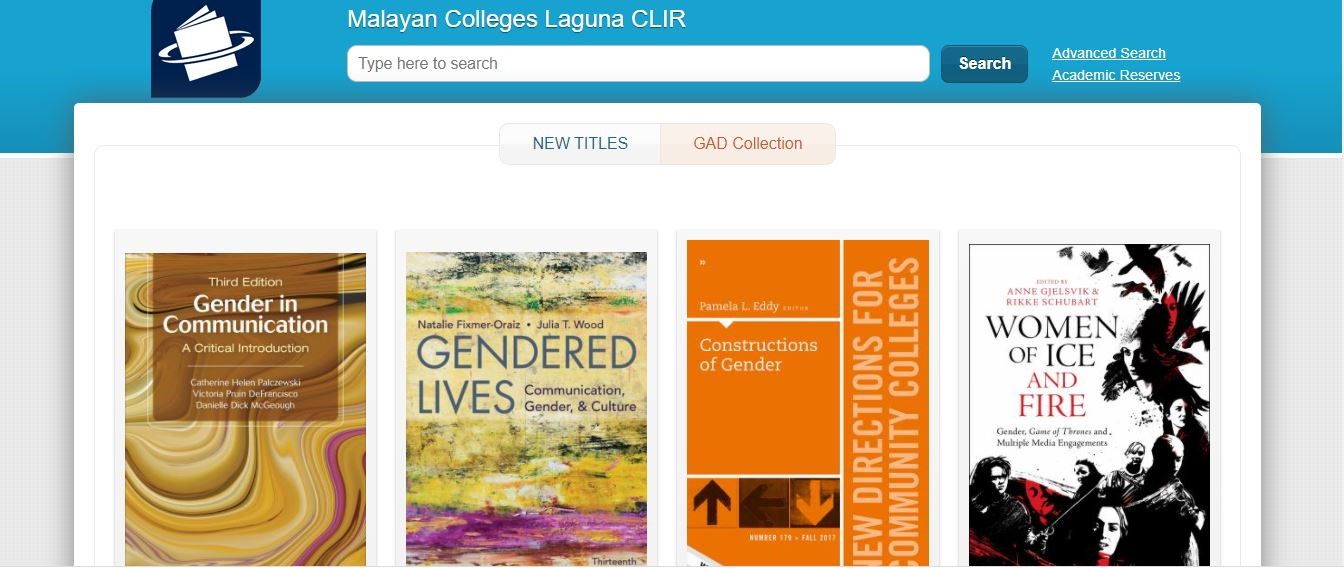
Ebook Subscriptions

Digital GAD Library
The Philippine Commission on Women has revamped its Digital GAD Library to improve your access to our knowledge products and other digital GAD resources. User experience (UX) is important for us as we embark on boosting our digital presence.
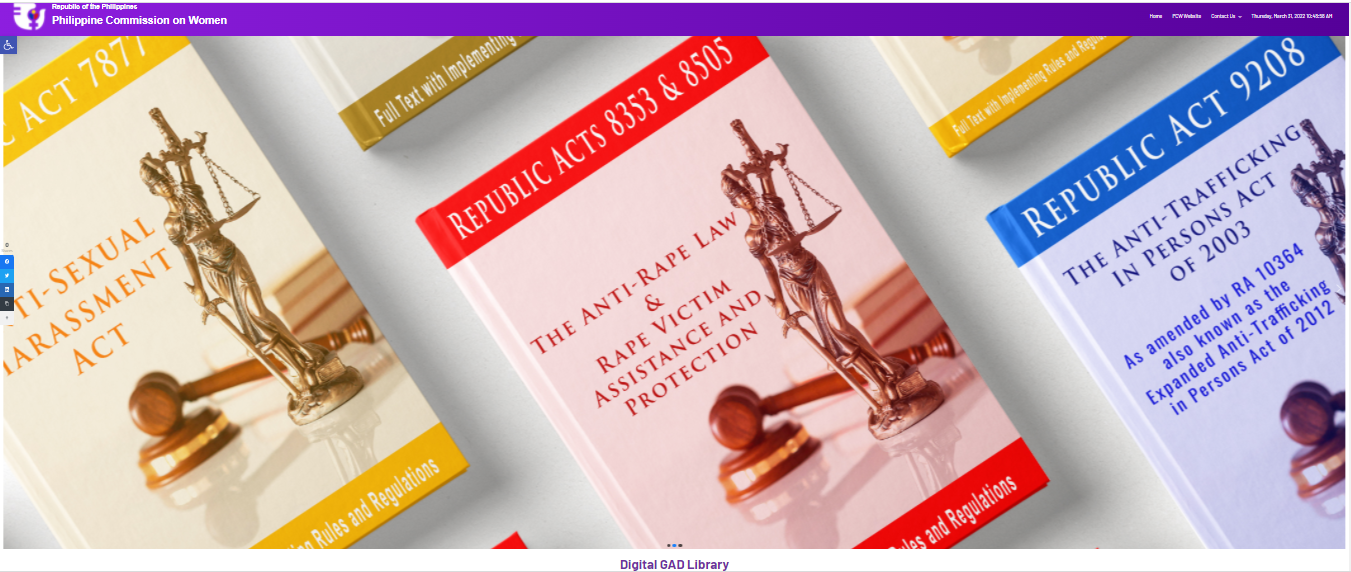
Free E-Resources
Outside Looking In: Gendered Perspectives in Work and Education (PIDS Book 2019-02)
This very first book on gender and development of the Philippine Institute for Development Studies articulates the salient challenges confronting men and women today. It features research studies on the apparent lag in the education of boys, the gender differences in educational mobility, the important roles of housework in the economy, the effects of nonmarket work such as housework on labor market participation, and the gender pay gap in agriculture. This volume will hopefully widen the public's understanding of these gender issues and stimulate our policymakers to reflect on the evidence and recommendations.

Philippine Commission on Women
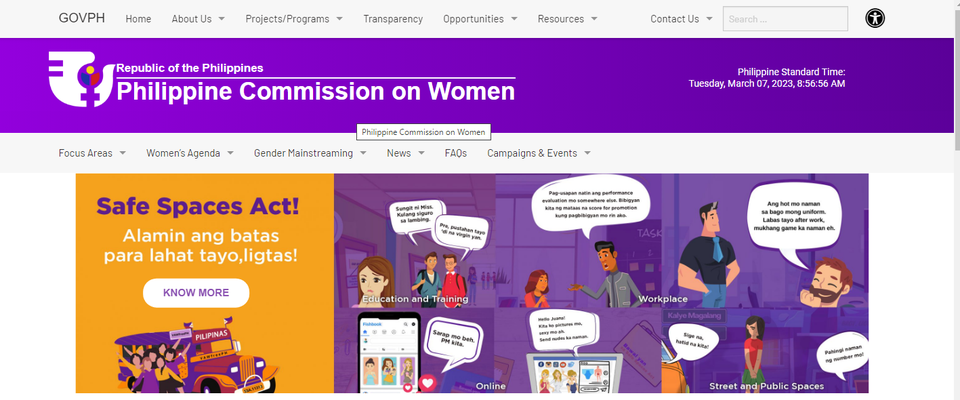
ADB's Focus on Gender and Development
Gender equality and women's empowerment are essential for meeting Asia and the Pacific's aspirations of inclusive and sustainable development. ADB recognizes that to reduce poverty rates, helping women and girls must be a priority in its work.

Gender Equality in Asia and the Pacific ADB FB Page

Gender Equality Resource Center (GERC)
The Gender Equality Resource Center (GERC) Inc. welcomes everyone to this website, launched March 2017. The GERC Inc. website is a venue for co-ops and organizations that support co-op development, particularly in the Philippines where the GERC Inc. is based, to learn more on how the mainstreaming of gender and development (GAD) in co-ops that leads to the achievement of gender equality (GE) can help these organizations become even more progressive and their members even more empowered. And that learning, we hope, should come hand-in-hand with the commitment of co-ops, co-op promoting organizations, development agencies, local government units, and government agencies to make co-ops and other development institutions gender-fair and gender-sensitive.
